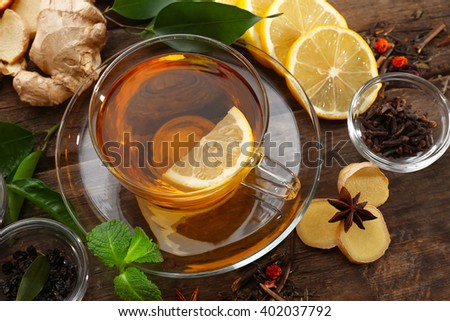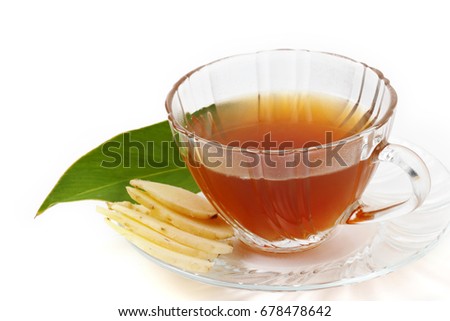In a study published in the Journal of Functional
Foods, researchers from Polytechnic University of Valencia (UPV) in
Spain evaluated how gut bacteria interacts with antioxidants in your gut, specifically
with respect to cooked tomato sauce. The team chose to use pear tomatoes
because they have a particularly high lycopene content and are rich in
antioxidants.
Led by professor Ana Belén Heredia from UPV's
department of food technology, the scientists conducted in vitro experiments to
see how Lactobacillus reuteri (L. reuteri) would interact with antioxidants
derived from tomato sauce and if the cooking process might influence that
interaction. L. reuteri is one of the main bacterial species known
to contribute to your gut health.
Heredia and her team noted a loss of antioxidants
with respect to both raw and cooked (fried) tomato sauce as a result of the
digestive process. Furthermore, it appeared the presence of L. reuteri
prevented some of the antioxidants from being absorbed into the bloodstream.
Notably, the group also observed the antioxidants from the tomato sauce — more
so with the cooked sauce than its raw equivalent — enhanced the positive
effects of L. reuteri.
Cooked sauce also had the effect of transforming the
lycopene present in the tomato, which helped preserve its integrity through the
digestive process, allowing more of this important antioxidant to be absorbed.
Noted Heredia, "[W]e found serving meals rich in probiotics with fried tomato
sauce boosts its probiotic effect, as well as causing a progressive
isomerization of the lycopene of the tomato, from form cis to trans throughout
digestion, which positively results in an increased final bioaccessibility of
this carotenoid."
Article Source: Dr Mercola at Mercola.com







